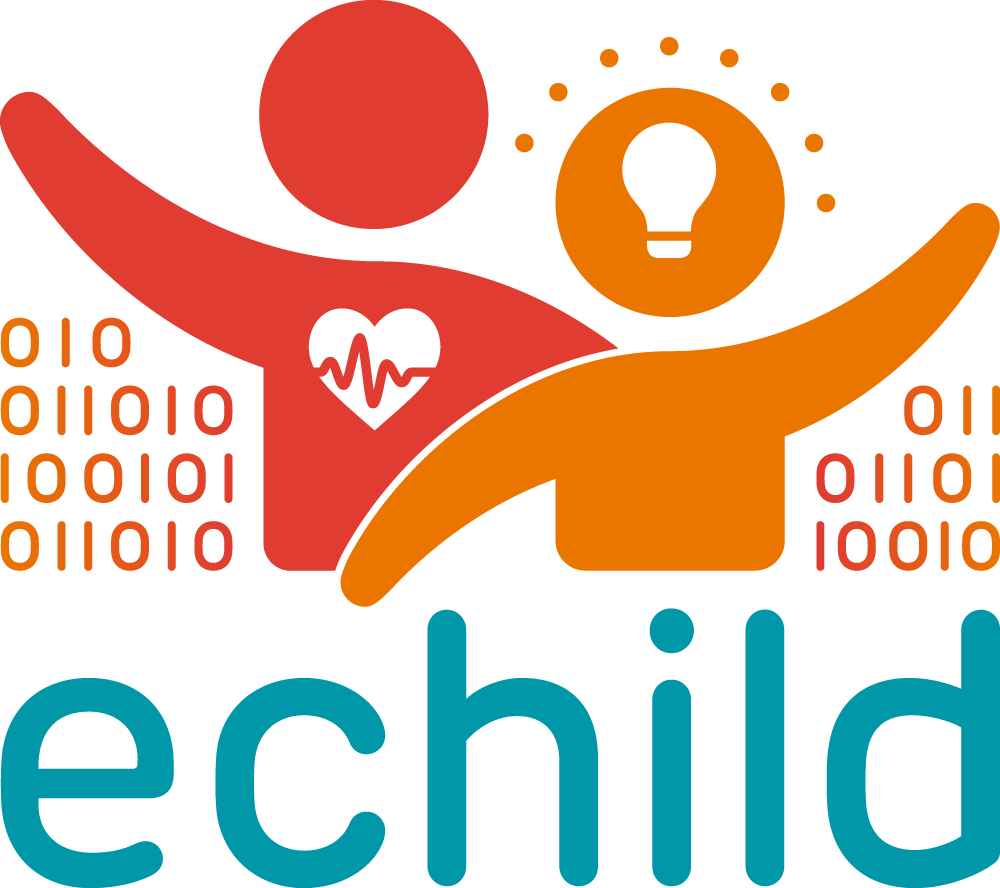
How can linked data help improve the health and wellbeing of children in England?
Data Linkage
-

When we go to hospital, an electronic record about our attendance and treatment is made. These records help NHS organisations to run their services.
-

The same happens within schools – information about our attendance and progress is routinely collected.
-

Because this information includes so many people from across the country, it is incredibly valuable for research.
-

When data from different services is joined together, we can create a more detailed picture of people’s needs, and every additional piece of information helps.
Research using linked data
-

Researchers often use linked data to learn as much as they can about the different factors that influence and shape the lives of the population.
-

For example, we have used linked data from hospitals and schools for babies that are born too soon or too small, to understand how health in early life might influence later educational achievements.
-

This type of research helps us decide how children can best be supported during the early years.
-

Linking data in this way helps us understand how different parts of our lives fit together, and ultimately allows people in education and health services, and the government, to make decisions in a more joined up way.
ECHILD: a unique resource for research
-

For the first time, researchers have linked together data from schools, hospitals and social care services for all children born in England since 1984, in a database called ECHILD.
-

ECHILD data are anonymised, which means that all names, dates of birth and address have been removed. Researchers have to go through special training to use the data and cannot identify individuals within the data. This helps protect data security.
-

Instead, researchers look at patterns in the data to answer a really broad range of research questions. For example, does Special Educational Needs provision in schools improve children’s health and wellbeing outcomes? What is the best time for transplantation so that children with chronic liver disease can achieve their potential in school?
-

ECHILD puts us in a unique position to answer some of these questions collectively, and to generate evidence that shapes policies that affect how services are provided to children and families.
